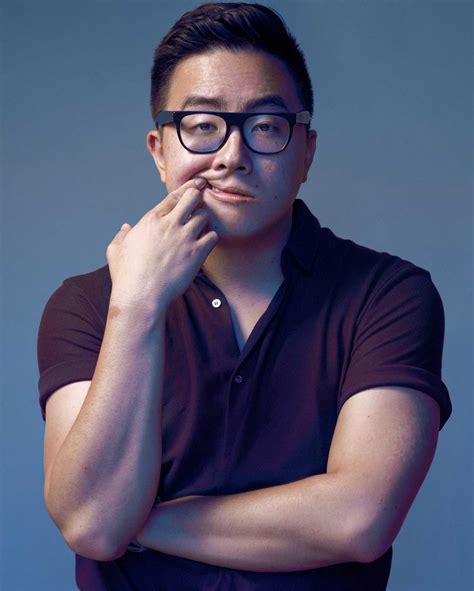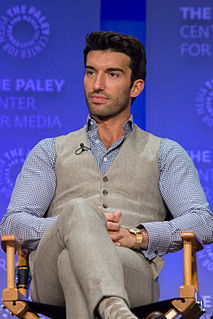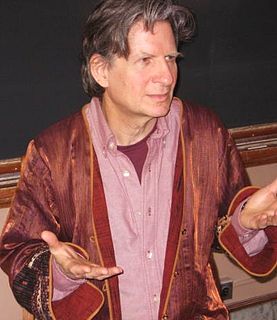A Quote by John Frohnmayer
During my tenure at the Endowment, I often found that those who did us the most damage did so under the justification of helping us by 'preventing worse language.' In the military it would be called friendly fire. One ends up just as dead.
Related Quotes
We used to have a War Office, but now we have a Ministry of Defence, nuclear bombs are now described as deterrents, innocent civilians killed in war are now described as collateral damage and military incompetence leading to US bombers killing British soldiers is cosily described as friendly fire. Those who are in favour of peace are described as mavericks and troublemakers, whereas the real militants are those who want the war.
In this instance of the fire-arms, the Asiatic has been most improperly bracketed with the native. The British Indian does not need any such restrictions as are imposed by the Bill on the natives regarding the carrying of fire-arms. The prominent race can remain so by preventing the native from arming himself. Is there a slightest vestige of justification for so preventing the British Indian?
A rigorous doctrine of imputation is not only limiting but ends up doing a disservice to the nature of grace and justification. It makes the transactions of the gospel basically juridical. In the Roman view, justification and sanctification are a seamless fabric. It is more than a question of God simply seeing us through a legal scrim of Christ's righteousness. Righteousness actually begins to transform us.
People are an asset, not a liability. The United States is the most immigrant-friendly nation in the world and the richest country in the world. This is not a coincidence. Those voices that would make us less immigrant-friendly would make us less successful, less prosperous and certainly less American.
We have got to be watchful, for I tell you God has sent us here to test us and to prove us. We were true in keeping our first estate. The people that are here today stood loyally by God and by Jesus and they did not flinch. If you had flinched, then you would not be here with the Priesthood upon you. The evidence that you were loyal, that you were true, and that you did not waver is to be found in the fact that you have received the Gospel-and the everlasting Priesthood.
Edward and I had not had a last grand scene of farewell, nor did I plan one. To speak the word was to make it final. It would be the same as typing the words The End on the last page of a manuscript. So we did not say our goodbyes, and we stayed very close to each other, always touching. Whatever end found us, it would not find us separated.
It really did take Billy Lucas's suicide to wake me up to, kind of, the damage of the success of the LGBT civil-rights movement - higher-profile LGBT people - has done to LGBT youth who are trapped out there in those shitholes. But I don't think we need Pride. I am still opposed, on philosophical grounds, to the flap of the rainbow windsock and the damage that does to us intellectually.
I think most of us secretly know – and those of us at the radical middle are inclined to say – that without such concepts as duty and honor and service, no civilization can endure. ... I suspect most Americans would respond positively to a [draft] if it gives us some choice in how to exercise that duty and service. ... Exactly the kind of choice my generation did not have during the Vietnam War.
































